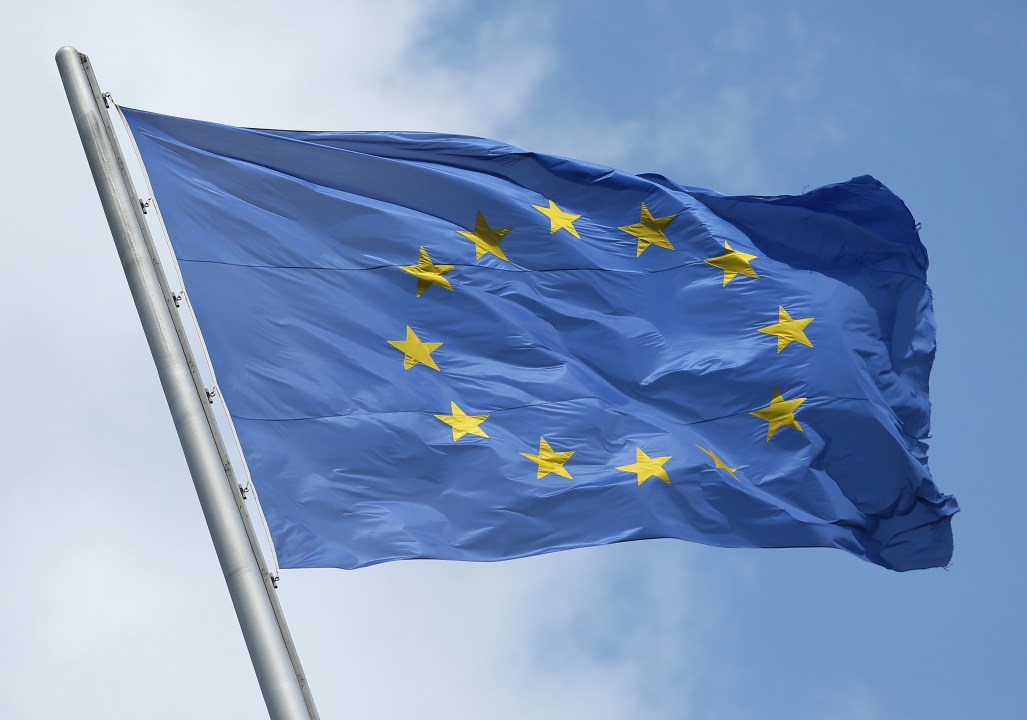And still the fallout from the Panama Papers continues. Following the leak of more than 11 million documents revealing the tax affairs of the rich and famous, the five largest economies in the European Union have agreed to share information on secret owners of businesses and trusts.
The UK, Germany, France, Italy and Spain have agreed to the data exchange. It is hoped that the move will make it harder for businesses and wealthy individuals to operate without paying correct taxes.
Meanwhile, members of the Public Accounts Committee have said that HM Revenue and Customs (HMRC) is still not doing enough to tackle tax fraud. The MPs said taxpayers were missing out on £16 billion a year as a result of evasion and criminal activity, adding that HMRC needed to increase the number of investigations, and prosecute more wealthy tax evaders. Only 35 wealthy British tax dodgers are investigated by Revenue & Customs each year, according to the committee. HMRC was not even able to say how many high-net-worth individuals it successfully prosecutes for tax evasion.
In other news, a watchdog has found that the Green Deal – the government’s flagship energy-saving programme – cost taxpayers £17,000 for each home that was improved. The National Audit Office concluded that ‘the Green Deal has not therefore been value for money’. Under the terms of the scheme, householders were encouraged to take out loans to pay for measures such as insulation or double-glazing. But only 14,000 households took up the offer. The Department of Energy and Climate Change spent £240 million on the programme, which ran between 2013 and July 2015.
With families anticipating the announcement of primary school places on Monday 18 April, grandparents are contributing £6.4 billion annually to help fund the education of their grandchildren, according to new research carried out by Saga Investment Services. Of the 1,000 grandparents surveyed on behalf of the over 50s retirement and investment specialist, almost one in five of those with grandchildren in education said they are currently contributing towards their grandchildren to the tune of £181 per month. A further 21 per cent expect to contribute in the future.
Commenting on yesterday’s decision by the Bank of England to keep interest rates on hold at the record low of 0.5 per cent, Chris Williamson, chief economist at financial information firm Markit, said the Bank’s minutes had brought ‘fresh signs of how uncertainty regarding the June vote on the UK’s membership of the EU was already unsettling business confidence’. He added: ‘Brexit concerns appear to be exacerbating existing worries about the extent to which UK and global demand remains worryingly fragile. It’s highly likely, therefore, that the second quarter could see growth slow further, possibly considerably if anxiety about the referendum intensifies, turning the focus to the possible need for more stimulus.’
The Guardian reports that fines imposed on full-time workers who claim universal credit amount to ‘punishing the working poor’ as it emerged that one woman was docked £220 for missing a job centre appointment because she took a family holiday. The fines, part of a little-known ‘in-work conditionality’ programme introduced by the then work and pensions secretary Iain Duncan Smith, have been called ‘political dynamite’ by academics, who warn that it may undermine unemployed people taking low-paid jobs.







Comments